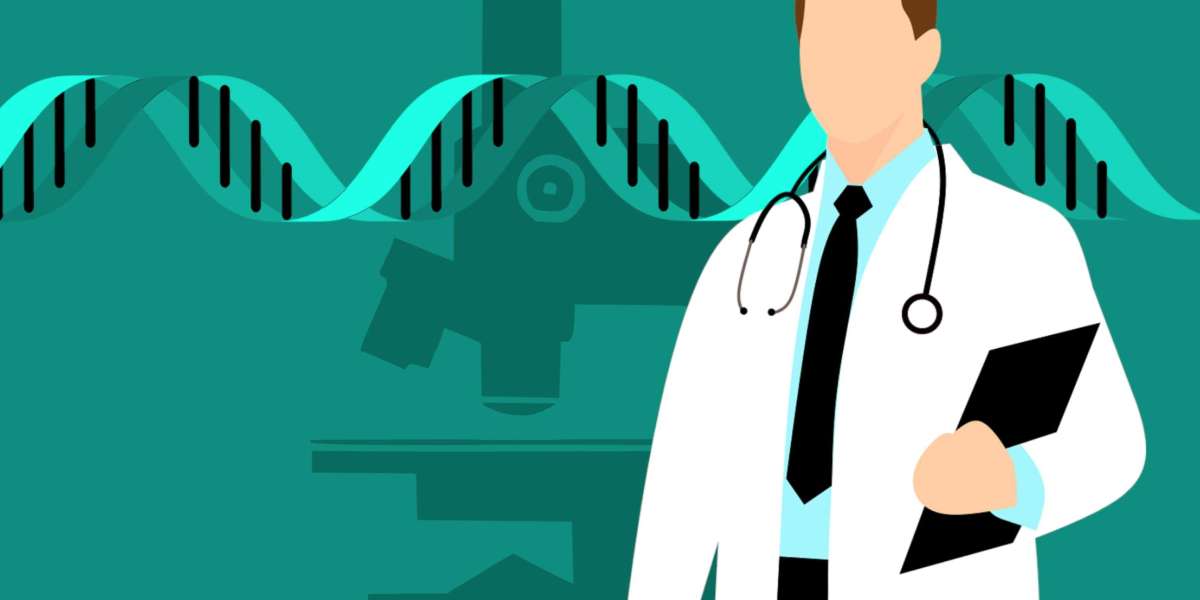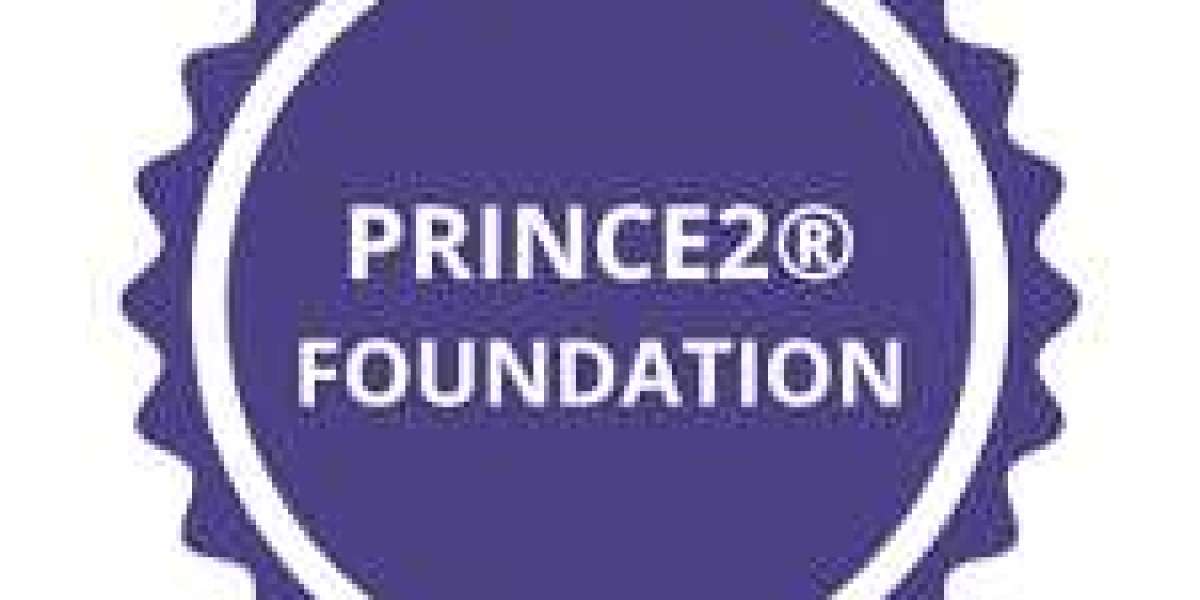Mental health and addiction are closely linked. Sometimes, people turn to drugs or alcohol to cope with symptoms of depression, anxiety, PTSD, or bipolar disorder. Other times, long-term substance abuse can trigger or worsen mental health conditions. Without proper treatment, one condition can continue to feed the other, creating a vicious cycle that’s hard to break Dual Diagnosis Treatment.
Common mental health disorders seen in dual diagnosis include:
Depression
Anxiety disorders
Post-traumatic stress disorder (PTSD)
Bipolar disorder
Schizophrenia
Why Specialized Treatment Is Essential
Treating only one part of the problem—such as focusing only on substance abuse—often leads to relapse. If the underlying mental health condition isn’t treated, the individual may return to using drugs or alcohol to self-medicate. Dual diagnosis treatment is designed to break this cycle by addressing both disorders at the same time, improving long-term outcomes and overall well-being.
Core Elements of Dual Diagnosis Treatment
1. Comprehensive Assessment
Before starting treatment, professionals perform a full psychological and medical evaluation to understand the nature of both the addiction and the mental health disorder. This helps create a personalized treatment plan that fits the individual's unique needs.
2. Integrated Therapy
Dual diagnosis programs use evidence-based therapies that address both conditions, such as:
Cognitive Behavioral Therapy (CBT): Helps change harmful thoughts and behaviors that contribute to both addiction and mental illness.
Dialectical Behavior Therapy (DBT): Focuses on emotional regulation, mindfulness, and interpersonal effectiveness.
Trauma-Informed Therapy: Vital for individuals with PTSD or past trauma that fuels both substance abuse and mental health struggles.
3. Medication Management
Some individuals may benefit from medications to help stabilize mood, reduce anxiety, or manage cravings. A psychiatrist monitors and adjusts medications as needed to support recovery without risking dependency.
4. Supportive Environment
Whether in residential rehab or outpatient programs, dual diagnosis treatment offers a safe and supportive setting where individuals can focus on healing. Group therapy, peer support, and family counseling are often included to build a strong support network.
5. Relapse Prevention and Aftercare
Recovery from dual diagnosis is an ongoing process. Treatment includes planning for life after rehab, with continued therapy, support groups, sober living environments, and follow-up care to maintain stability and reduce the risk of relapse.
Final Thoughts
Dual diagnosis can feel overwhelming, but recovery is possible with the right care. Specialized dual diagnosis treatment empowers individuals to heal both their mind and body, rebuild their lives, and create a healthier, more hopeful future. By treating the whole person, not just the symptoms, this approach gives people the best chance at lasting recovery and true transformation.








